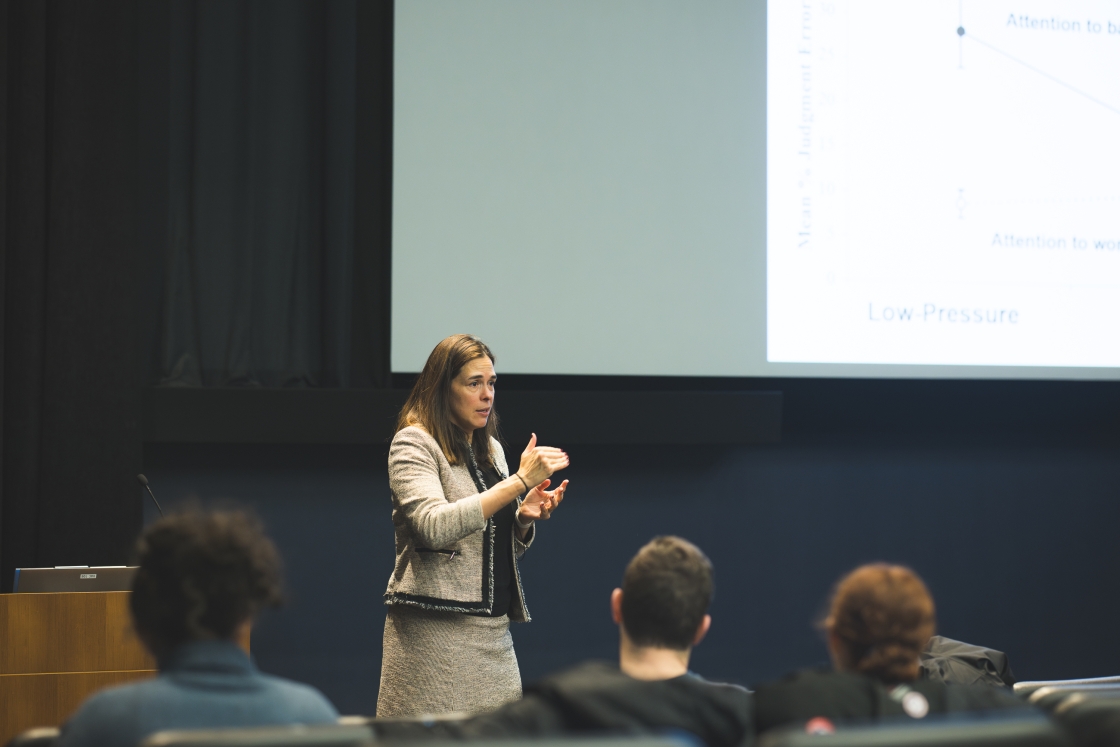After 31 years of helping faculty and staff, James Platt will retire as director of the Faculty/Employee Assistance Program, known on campus as F/EAP.
Platt, whose last day on the job is Oct. 2, has seen the program grow by leaps and bounds since his first few years. When he became director of the program 17 years ago, about 2 percent of faculty and staff utilized the F/EAP. Currently, annual utilization runs between 11 and 14 percent, he said, with 400 to 500 new cases every year. That’s much higher than the EAP industry average, which is 3 to 5 percent utilization, says Platt.
F/EAP is a free, confidential, professional counseling service for faculty, staff, and their families. The service offers help on a number of topics, including work-related issues, marital and family problems, substance abuse issues, stress, and legal and financial concerns. Service providers can also refer employees to resources and support in the community.
Platt says he’s enjoyed his time at the College and is looking forward to a relaxing retirement.
“I have had a really positive experience working at Dartmouth. There’s been a real connection to people and to departments,” he says. “I don’t want to do anything for at least six months to a year. I want to have fun and not be beholden to a schedule.”
He may dabble in areas that have always interested him—bird watching, painting, electronics, and poking around at flea markets. That’s enough for starters, says Platt.
With Platt’s departure, the College, working with Platt, evaluated the best approach to establish the F/EAP for the future and concluded that the preferred approach would be to offer services in a hybrid format. Employees seeking assistance will still call the F/EAP office, but will be connected to a third-party provider whose counselors will offer guidance over the phone and, when appropriate, referrals to local providers.
The program’s office will remain at the College, on the second floor of the Nugget Arcade building, with F/EAP counselor Sharon Morisi and administrative assistant Lisa Meehan coordinating services between the College and ComPsych, the Chicago-based company that will partner with Dartmouth.
“I know this company from going to conferences and talking with others who have worked with them and the consensus among my EAP peers in higher ed is that if you are going to go to a hybrid model, this is the company to go with,” says Platt. “ComPsych is a solid company. They know the field.”
Only one of Dartmouth’s Ivy League peers—Cornell—still operates an internal employee assistance program, says Platt. Much of higher education, and other businesses in many other fields, are moving to external assistance programs or hybrid models, like Dartmouth.
“I feel good about what we’re doing. I would encourage people to try ComPsych to see how it works. It will feel different, there are things that won’t be the same, but their services more than make up for that. I would use it,” Platt says.
Dartmouth will continue to offer up to eight sessions per employee for each issue, at no cost. Employees’ family members may also avail themselves of the program.
ComPsych, in business since 1984, has a diverse customer base that includes colleges and universities, private industry, hospitals and health centers, and municipalities and federal agencies. The company offers assistance 24 hours a day, and employs master’s- and doctorate-level professionals.
Executive Vice President Rick Mills says the College is looking forward to partnering with ComPsych.
“This service will allow us to continue to support members of the Dartmouth community as they experience the inevitable ups and downs of life,” he says.
More information about ComPsych services will be sent to employees in the near future, says Mills.


